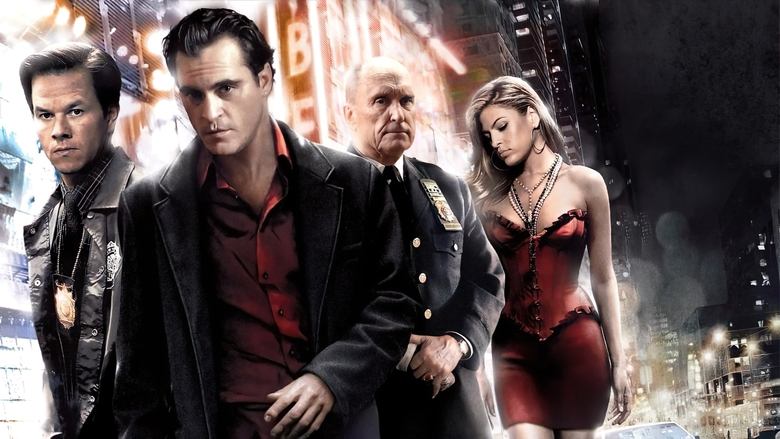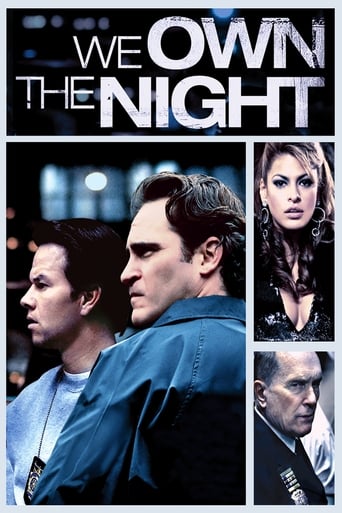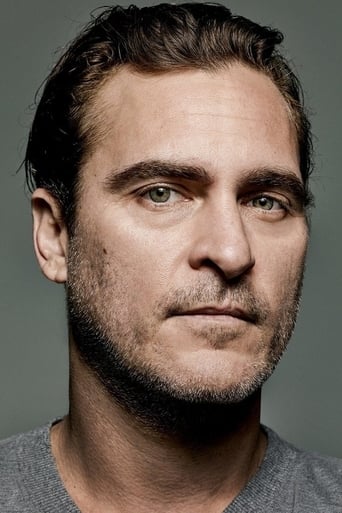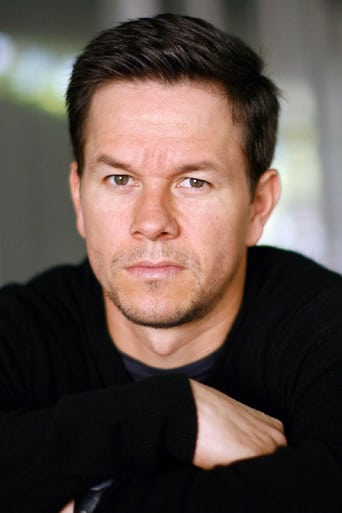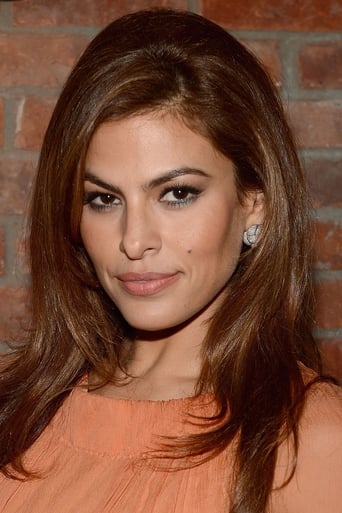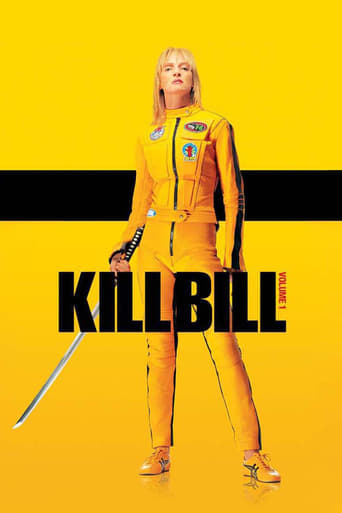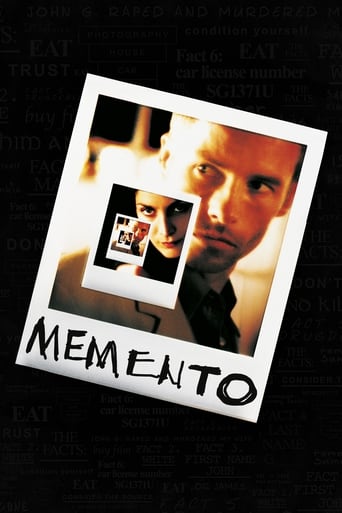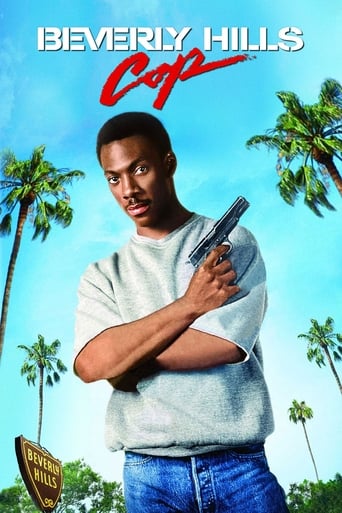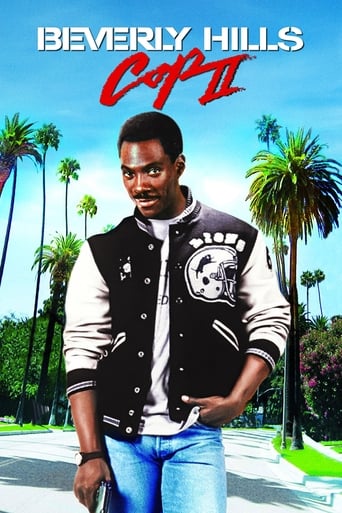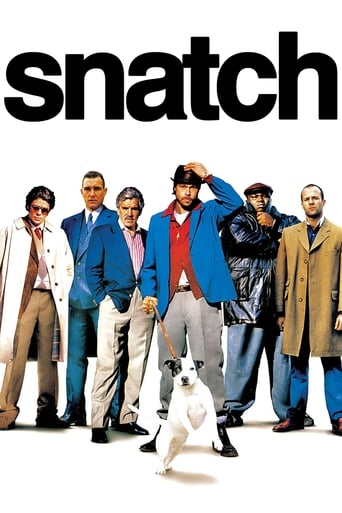We Own the Night (2007)
A New York nightclub manager tries to save his brother and father from Russian mafia hitmen.
Watch Trailer
Free Trial Channels
Cast


Similar titles
Reviews
Great visuals, story delivers no surprises
Awesome Movie
It is a whirlwind of delight --- attractive actors, stunning couture, spectacular sets and outrageous parties.
I enjoyed watching this film and would recommend other to give it a try , (as I am) but this movie, although enjoyable to watch due to the better than average acting fails to add anything new to its storyline that is all too familiar to these types of movies.
This is a crime film for crime movie fans. It has it all, from sex, violence, wires and gritty hits. But at its heart is family, here driven by the two leads, Mark Wahlberg and Jequium Phoenix, reunited in yet another of James Grey's films. The tone is dark, with a realistic look as we are taken on trip back to 1988 and a fictional cop family, led by the Deputy Chief Of Police (NYPD) Robert Duvall, who is the father to Wahlberg's up and coming cop, with Phoenix's nightclub manager, who is not a criminal as such, but is a disappointment to his family.As the trio become embroiled in an organised crime syndicate, they find themselves under a very personal attack and must take down the mob boss to save their lives. The problem with this film is that it plods its way through, lacking enough tension or high key performances to carry, what to me, should have been a taunt screenplay. Instead, it's a bit flat, with Phoenix's trademark sleepy performance. On the other hand, it's quite good, driven by real motivations and characters, is what saves this from 5/10 rating is a fantastically low-key car chase which looked and felt phenomenal, ending with tragedy which would drive the story in a more dubious direction.Phoenix will end up being granted special dispensation to become a cop in order to track down the mobster, a plot point that I found to be a little far-fetched, though maybe this sort of thing has happened, I don't know but it just tipped the film over the edge of plausibility. I feel that We Own The Night, the motto of the now disbanded NYPD Street Crime Unit, which is headed up here by the fictional Captain Joseph Grusinsky (Wahlberg) thinks very highly of itself as a top quality crime drama, up there with the likes of The Godfather (1972) and Heat (1995), but it is not. It's good and better if you like the genre, but this is a film set in the late 80′s, made in the style of The Godfather light, which was a quintessential 1970′s movie. It needed to pack more of a punch or have some of the style which films such as those of Michael Mann or Martin Scorsese.A decent story, good cinematography and noble effort but failed to blow me away.
There is a strong feeling of 'deja vu' planning on the viewers of We Own the Night (the slogan of the NYPD in the 80s, while fighting for the control of the streets of the Big Apple at night). The story and the characters are pretty much borrowed from similar movies where brothers or childhood friends find themselves on opposed parts of the cops vs. mafia game. The atmosphere and characters are very much similar to other stories about the New York gangs or police academies. The combination of family drama and Mafia intrigue is also a classical theme.So the story of the film looks very much like an 80s story. The problem is that it does not only refer to the 80s but it also feels like a film from the 80s. This may have been in part intentional, a decision by director James Gray that I respect, as it provides an air of authenticity to the way the streets, the clubs, the police stations are being brought to life. Some of the acting also fits into the same vision, as Robert Duvall as the head of the policemen dynasty is an actor who comes to us from the 80s, and Mark Wahlberg fits well in the pattern, as well as the Israeli Moni Moshonov distributed as a Russian padrone''. The out of pattern acts are those of Joaquin Phoenix, a huge actor who hardly can fit in any pattern and of the very sexy Eva Mendes who plays his girlfriend.Worth seeing? Maybe, if you really are interested in another family drama mixed with gangsters vs. cops intrigues which does not really raise to the level of Scorsese, and if you like films from the 80s. But, wait a moment, if you really like films from the 80s why not renting or looking for one of the real stuff on the cable movie channels?
We Own the Night is a gritty cop drama featuring top-notch performances by Mark Wahlberg and Joaquin Phoenix as two brothers on different sides of the law. This is not the best cop film, but it is very entertaining. This movie was made for pure pleasure and it delivers big on that statement.This film is about Bobby Green who is a nightclub owner that deals with drugs. His brother and father are both Captain and Chief of the NYPD. Now Green must save his family from Russian hit men before they get exposed.As I said previously, Wahlberg and Phoenix delivered top-notch performances. Eva Mendes of course is smoking hot and Robert Duvall still has his acting mojo as he gets older.Overall, this is a great cop film dealing with 1980's NYC crime. I would definitely give this film a chance. I rate this film 9/10.
This is a review of "Little Odessa", "The Yards" and "We Own the Night", three crime dramas by director James Gray.Released in 1994, "Little Odessa" stars Tim Roth as Joshua Shapira, a volatile criminal who has been exiled by his family. A "prodigal son returns" narrative, the film watches as Roth returns to his family home. Though his relatives still distrust him, Joshua is idolised by his younger brother, little Reuben Shapira (Edward Furlong). The film ends, as most "prodigal son" tales do, with Reuben dying, paying for his brother's sins."Little Odessa" was Gray's debut. It's a very good drama, well acted by the always electric Tim Roth, but the film's ethnic details are unconvincing and Gray falters in his final act with an obvious, overblown sequence in which little Reuben is accidentally gunned down.Gray followed "Odessa" up with "The Yards" (2000), a crime drama set in the commuter rail yards of New York City. The film's structure is similar to "Odessa", and sees Mark Wahlberg playing an ex-convict who returns home after a short stint in prison. Wahlberg attempts to stay clean, to keep his nose out of crime, but is drawn back into the criminal underworld by a friend played by Joaquin Phoenix. The film retains the "brotherhood dynamics" of "Odessa", Wahlberg playing the "good son" who eventually turns on his suffocating sibling. Once again the film ends with a ridiculously over-the-top death sequence.While "The Yards" has a certain, smothering pretentiousness about it, convinced about its own importance (it's lit like Rembrandt, street fights are filmed like Visconti's "Rocco and His Brothers" and it's reaching for the tone of Coppola's "The Godfather"), Gray nevertheless cooks up some wonderful strokes, like a beautifully sensitive welcome-home party, a wordless assassination attempt and a fine, aching performance by Wahlberg. It's a great mixed bag.Gray then directed "We Own The Night", arguably his best crime flick. The "good brother/bad brother" motif returns, this time with Mark Wahlberg and Joaquin Phoenix playing a pair of brothers on either side of the law. Phoenix's a perpetually high playboy who owns a nightclub frequented by drug-runners and mafia types, and Wahlberg's a straight-arrow cop trying to keep the streets clean. When the mafia unleashes an assassination campaign on local cops, Phoenix switches allegiances, goes undercover and attempts to take down the mob. There are touches of "Donnie Brasco", "Rush", "Point Break", "Serpico", "State of Grace", "Infernal Affairs" and every other "undercover cop" movie you can think of, but the film is beautifully lit, is atypically straight-faced and features a superb, rain-soaked car chase.Some have suggested that Gray's trilogy should be celebrated for working in a "classical", almost conventionally Greek mould. That his conventionality suggests that all his characters are at the mercy of already in place contours, their fates forgone. Mostly, though, Gray's trilogy highlights the ways in which contemporary artists have struggled to conceive of a response to postmodernism. The crime movies of, say, Tarantino and Scorsese, are unashamedly postmodern, toying with and regurgitating clichés from 1930s Warner machine gun operas and MGM crime flicks. They aren't about "crime", so much as they're pastiche jobs, jazzed up films about crime films. As a response to this aesthetic, artists who deem themselves "serious", who rightfully ask "what exactly comes next?", tend to look backwards at what came before, as though post-war modernism, by virtue of being modernism, is intrinsically "the solution". This leads to classically shot and written but wholly regressive fare like Gray's trilogy, which essentially unscrambles the world's Scorseses and Tarantinos and puts you right back in the 1940s, minus the irony and flippancy.But you can't go backwards in this way; your audience will always be ten steps ahead and there will always be a huge chasm between your solemnity and the tired insights your film delivers. This is why true progressive works in the genre, for example fare like "The Wire", which actively attempts a cognitive mapping of both global capitalism and crime, are neither modernist or postmodern, whilst possessing the vital traits of both. Philosophers have alternatively coined this new movement "neoprimitivism", "pseudomodernism", "participatism", "post-post modernism", but the one that seems to be sticking is "new modernism".Whatever you call it, this hypothetical movement rejects postmodern nihilism (nothing matters, there is no "truth", it's just a film), actively tries to convey the complexities of our world, and covertly believes that it is possible and necessary for individuals to make value judgements, take stands, approach objectivity, and back facts up. It is modernist in its desires to "understand", "teach", "decipher" and "make better" the world, and in its emphasis on culture, society, technology and politics. The movement doesn't reject postmodernism, but co-opts its tropes and bends them to suit its aim, questioning agency, subjectivity and attempting to piece together the fragments and multiple perspectives that typify complex systems. In short, truly relevant crime films simultaneously simulate our contemporary environment of junk, noise, commerce and static, before proceeding to decode, organise and target roots. As William Gibson said way back in the 1980s, future great artist will function like search engines, mapping and making sense of the detritus. Gray goes backwards to when there was less noise.7.9/10 - Worth one viewing.

